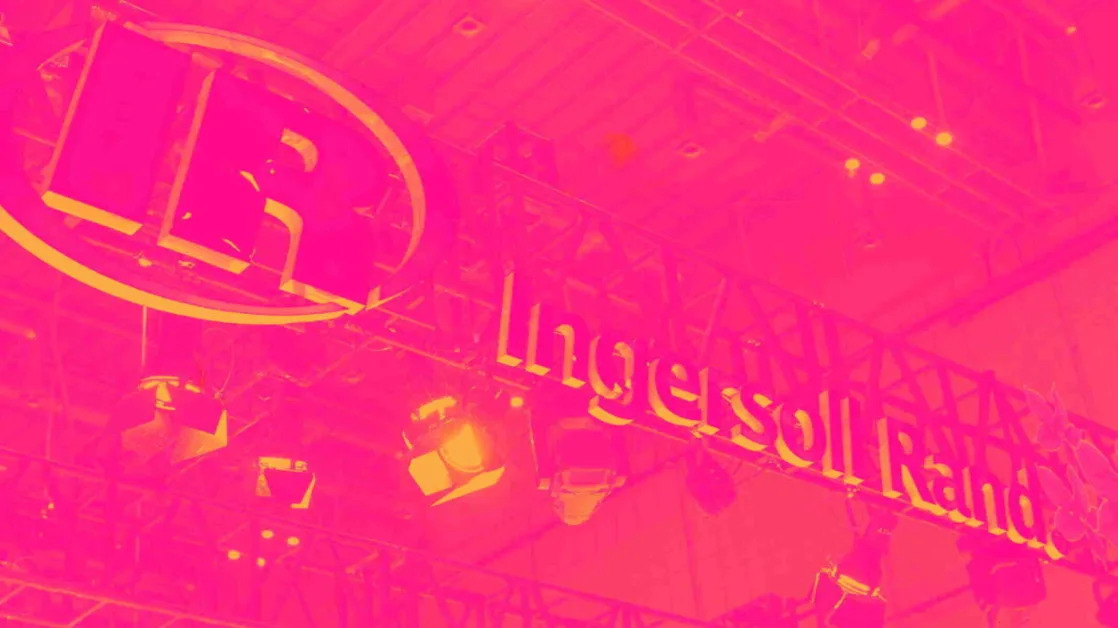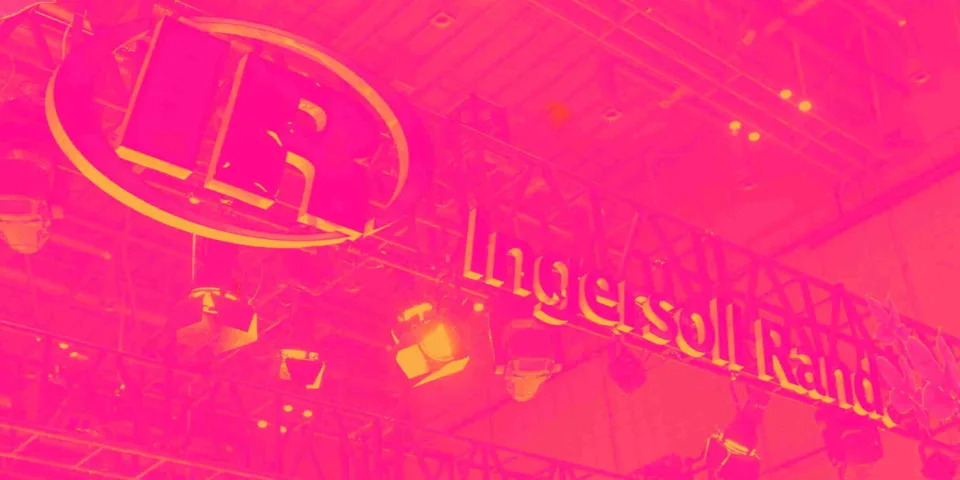
1 Large-Cap Stock on Our Watchlist and 2 to Brush Off

Large-cap stocks are known for their staying power and ability to weather market storms better than smaller competitors. However, their sheer size makes it more challenging to maintain high growth rates as they’ve already captured significant portions of their markets.
This is precisely where StockStory comes in - our job is to find you high-quality companies that can win regardless of the conditions. Keeping that in mind, here is one large-cap stock that still has big upside potential and two whose existing offerings may be tapped out.
Two Large-Cap Stocks to Sell:
Lennar (LEN)
Market Cap: $30.95 billion
One of the largest homebuilders in America, Lennar (NYSE:LEN) is known for constructing affordable, move-up, and retirement homes across a range of markets and communities.
Why Do We Steer Clear of LEN?
-
Sales pipeline suggests its future revenue growth won’t meet our standards as its backlog averaged 22.1% declines over the past two years
-
Incremental sales over the last two years were much less profitable as its earnings per share fell by 10.8% annually while its revenue grew
-
Capital intensity has ramped up over the last five years as its free cash flow margin decreased by 10.8 percentage points
At $117.53 per share, Lennar trades at 9.2x forward price-to-earnings. Read our free research report to see why you should think twice about including LEN in your portfolio, it’s free .
Bristol-Myers Squibb (BMY)
Market Cap: $120.1 billion
With roots dating back to 1887 and a transformative merger in 1989 that gave the company its current name, Bristol-Myers Squibb (NYSE:BMY) discovers, develops, and markets prescription medications for serious diseases including cancer, blood disorders, immunological conditions, and cardiovascular diseases.
Why Do We Think Twice About BMY?
-
Scale is a double-edged sword because it limits the company’s growth potential compared to its smaller competitors, as reflected in its below-average annual revenue increases of 2.3% for the last two years
-
Costs have risen faster than its revenue over the last five years, causing its adjusted operating margin to decline by 30.2 percentage points
-
Earnings per share fell by 24.7% annually over the last five years while its revenue grew, showing its incremental sales were much less profitable
Bristol-Myers Squibb’s stock price of $59.40 implies a valuation ratio of 8.5x forward price-to-earnings. To fully understand why you should be careful with BMY, check out our full research report (it’s free) .
One Large-Cap Stock to Watch:
Ingersoll Rand (IR)
Market Cap: $33.2 billion